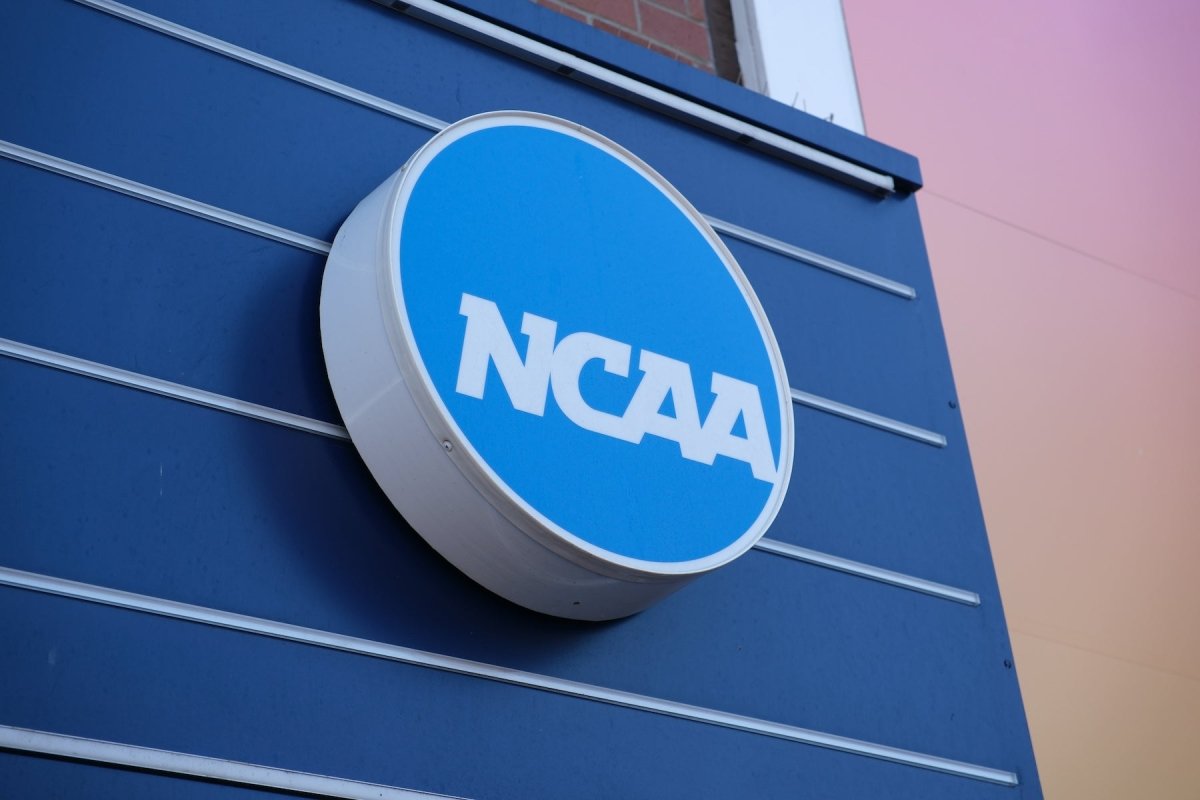Recent posts
-

-
 What Are THCa Diamonds?October 14, 2025
What Are THCa Diamonds?October 14, 2025 -
 Delta 9 Gummies GuideOctober 8, 2025
Delta 9 Gummies GuideOctober 8, 2025 -
 Head High vs Body High: A Guide to Cannabis EffectsOctober 1, 2025
Head High vs Body High: A Guide to Cannabis EffectsOctober 1, 2025 -
 What is THCA Crumble?September 22, 2025
What is THCA Crumble?September 22, 2025 -
 10 Ways to Elevate Self-Care Awareness MonthSeptember 14, 2025
10 Ways to Elevate Self-Care Awareness MonthSeptember 14, 2025

NCAA Revises Championship Drug Policy: Cannabis No Longer Banned
By Zero Point
Table of Contents
In a move reflecting the shifting attitudes towards cannabis, the National Collegiate Athletic Association (NCAA) has announced that it will no longer include cannabis on its list of banned drugs during championship events. This decision, which aligns the NCAA with broader societal and legal trends, represents a significant change in the regulation of student-athlete conduct.
Policy Update Details
The NCAA’s new policy on cannabis use during championships includes several important points:
- Immediate Implementation: The policy change takes effect immediately, impacting the upcoming championship events across all sports.
- Focused Scope: This update specifically applies to the use of cannabis during championship periods, rather than the entire season.
- Continued Testing: While cannabis is removed from the banned list, testing for other performance-enhancing and recreational drugs will continue.
Reasons Behind the Policy Change
Several key factors influenced the NCAA’s decision to remove cannabis from its banned substances list during championships:
- Legal Shifts: With cannabis now legalized or decriminalized in many states, the NCAA’s previous blanket ban increasingly conflicted with state laws.
- Medical Evidence: Growing evidence suggests that cannabis can offer medical benefits, such as pain relief and anti-inflammatory properties, which are particularly relevant to athletes.
- Equity and Fairness: The change aims to promote fairness by ensuring athletes are not penalized for using a substance legally available in many regions and recognized for its therapeutic benefits.
Potential Impacts on Student-Athletes
The policy change could have several significant effects on student-athletes and the collegiate sports environment:
- Health and Recovery: Athletes might now use cannabis to manage pain and support recovery without fear of penalties, potentially leading to improved well-being and performance.
- Mental Health: Cannabis has been noted for its potential benefits in managing anxiety and stress, issues prevalent among student-athletes facing the pressures of high-level competition.
- Athlete Recruitment: Schools in states where cannabis is legal might become more attractive to recruits who value the freedom to use cannabis responsibly.
Broader Implications for Collegiate Sports
The NCAA’s decision reflects a broader trend in sports towards more lenient cannabis policies, similar to those seen in professional leagues like the NFL, NBA, and MLB. This shift is driven by:
- Changing Legal Landscapes: The legal status of cannabis has evolved significantly, with numerous states legalizing its use for medicinal and recreational purposes.
- Social Attitudes: Public perception of cannabis has shifted, with increasing acceptance and recognition of its benefits, leading to reduced stigma around its use.
- Sports Science: Research into the effects of cannabis on athletic performance and recovery is ongoing, with emerging evidence supporting its potential benefits.
Conclusion
The NCAA’s removal of cannabis from its list of banned substances during championships marks a pivotal shift in collegiate sports regulation. This decision not only aligns with changing legal and societal norms but also prioritizes the health and well-being of student-athletes.
As the landscape of cannabis use continues to evolve, the NCAA’s updated policy may set a precedent for other sports organizations and leagues. By adapting to these changes, the NCAA is taking a progressive stance that could ultimately enhance the collegiate athletic experience and promote a more balanced and fair approach to drug regulation in sports.
In the coming years, it will be crucial to monitor the impacts of this policy change on student-athlete health, performance, and recruitment, ensuring that the primary focus remains on supporting the athletes in their pursuit of excellence.








